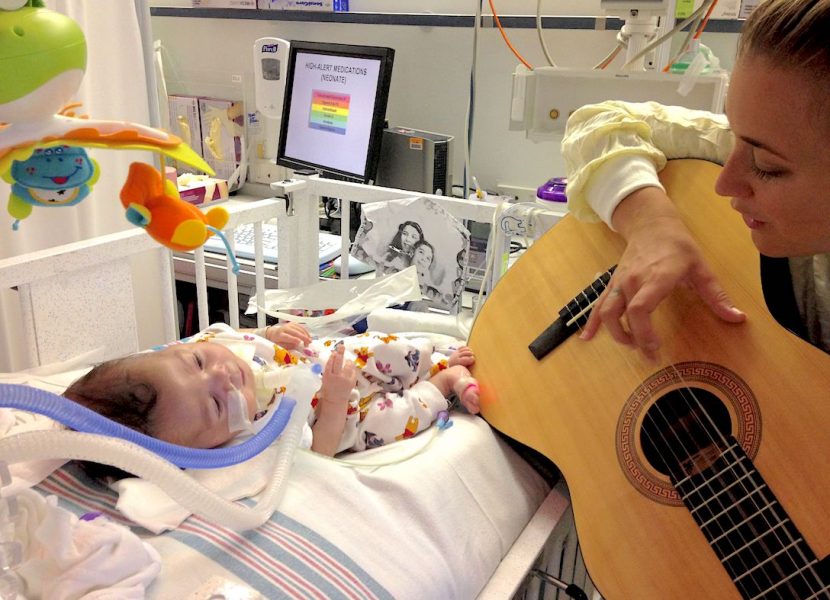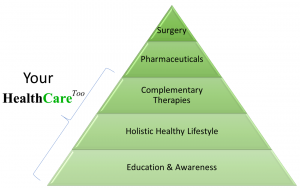Music Therapy Addresses Trauma

Music therapy is an effective intervention for working with traumatized children and adults. It helps reduce anxiety, offers emotional relief, and facilitates life-affirming social interactions, to name just a few of its benefits. The purpose of this article is to shed light on how music therapy addresses trauma for anyone interested in a music career that truly changes lives.
Music therapists have been called upon to support the recovery of individuals and communities following horrific events as well as natural disasters. Settings have included New York City metropolitan area after the 9/11 terrorist attacks; New Orleans after Hurricane Katrina; Umpqua Community College after a mass shooting on campus; various war- and post-war zones; and other disaster recovery situations.
- According to the American Music Therapy Association, music therapy addresses trauma by providing:
- Non-verbal outlets for emotions associated with traumatic experiences• Anxiety and stress reduction
- Positive changes in mood and emotional states
- Active and positive participant involvement in treatment
- Enhanced feelings of control, confidence, and empowerment
- Positive physiological changes, such as lower blood pressure, reduced heart rate, and relaxed muscle tension
“With individuals who have experienced trauma,” says Jim Borling, director of Radford University’s Music Therapy program, “music becomes an outlet for expressing emotion. Music therapy has a way of letting people know that it is ok to feel what you are feeling. It is ok to acknowledge what has happened.”
Source: Music Therapy Addresses Trauma – Careers that Change Lives
Our Model




